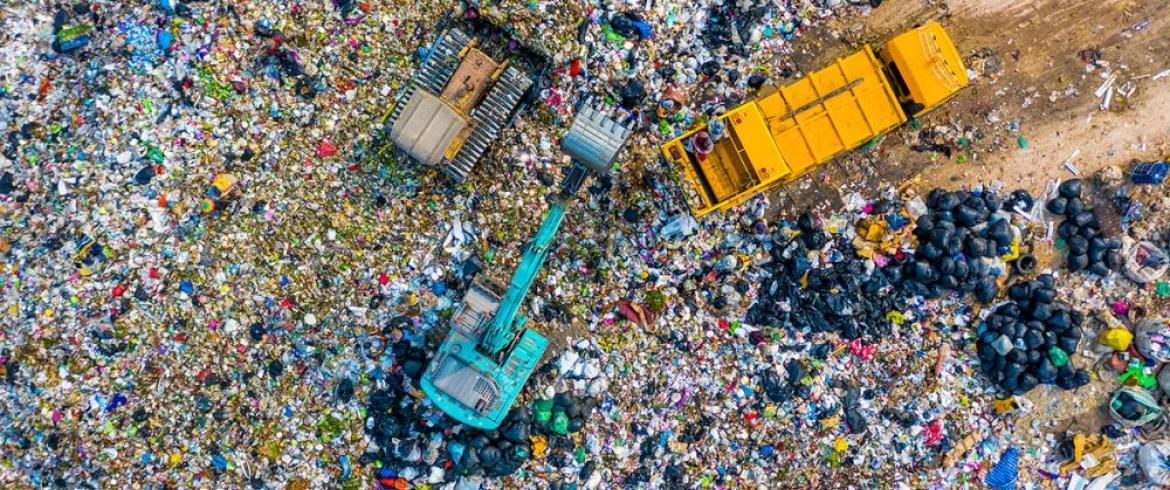
Test image caption
A FAMU-FSU College of Engineering researcher is studying the impact of the COVID-19 pandemic on municipal solid waste management systems with the help of a Rapid Response Research grant from the National Science Foundation.
“There has been a lack of understanding of how the COVID-19 pandemic affects our waste management industry,” Assistant Professor of Civil Engineering Juyeong Choi said.

FAMU-FSU Engineering assistant professor of civil engineering Juyeong Choi, Ph.D.
Choi and fellow researcher, Professor of Civil Engineering Tarek Abichou, will examine waste-management system-related challenges in the pandemic environment across several states. They are hoping to produce an informational database that will allow for the development of a more proactive, resilient approach for future pandemics. Choi and Abichou received $152,000 through the NSF RAPID grant program to conduct this research.
“To date, most pandemic-related studies have focused on the virus’ impact on public health systems,” Choi said. “Despite the importance of waste management systems, there is a limited understanding of how a pandemic might impact them.”
One of the problems researchers are trying to identify is how different waste management systems adapt to the challenges posed by the pandemic.
“People working from their homes to prevent the spread of the coronavirus are generating more residential waste than normal,” Choi said. “We want to know how different facilities are adapting to this situation.”
The researchers are looking at several municipal solid waste management systems throughout Florida, California and New York to identify and characterize a broad range of waste management challenges faced by different stakeholders and municipalities. They want to understand adaptive measures that these facilities take to adequately operate and hope to develop recommendations for best management practices that will enable these facilities to successfully adapt during a pandemic.
“While people are generating more residential waste, the capacity of these waste-management facilities are being constrained by the increasing number of unavailable workers due to self-quarantining,” Choi said. “Travel bans have isolated these facilities, and we hope to identify and track how different systems successfully adapt to these challenges.”
Much of the waste contains high latent value as recyclable material like plastic and cardboard. Choi hopes one of the outcomes of the project might be to minimize the environmental impact of waste by making it possible to promote sustainable options. He was recently funded by NSF to establish the Sustainable Material Management Extreme Event Reconnaissance (SUMMEER) organization to study sustainable management of disaster materials and looks at the pandemic as another type of extreme event.

FAMU-FSU Engineering professor of civil engineering Tarek Abichou, Ph.D.
“The RAPID grant project will serve as a stepping stone to help my research team better understand waste management-related issues,” Choi said. “We hope a broader impact of this study will be to minimize the impact of the pandemic by accommodating the increased volume of waste through sustainable options like recycling.”
The one-year grant will start in May 2020.
